5+ Quick and Easy Tips on How to Hydrate Fast
Did you know that staying hydrated is essential for maintaining overall health and well-being? In today’s fast-paced world, it’s more important than ever to ensure that we’re consuming enough fluids and electrolytes throughout the day. This comprehensive guide will help you understand the importance of hydration, the role of electrolytes, and how to hydrate fast with effective methods. Additionally, we’ll discuss how to maintain optimal hydration levels in various situations. So, grab a glass of water and let’s dive into the world of hydration!
Key Takeaways
Adequate hydration is essential for overall health and well-being, with electrolytes playing a key role.
Fast hydration methods such as water and oral rehydration solutions can be effective in rapidly hydrating the body.
A balanced diet of hydrating foods, limiting dehydrating beverages, and staying aware of environmental factors are important to optimize hydration levels.
The Importance of Hydration
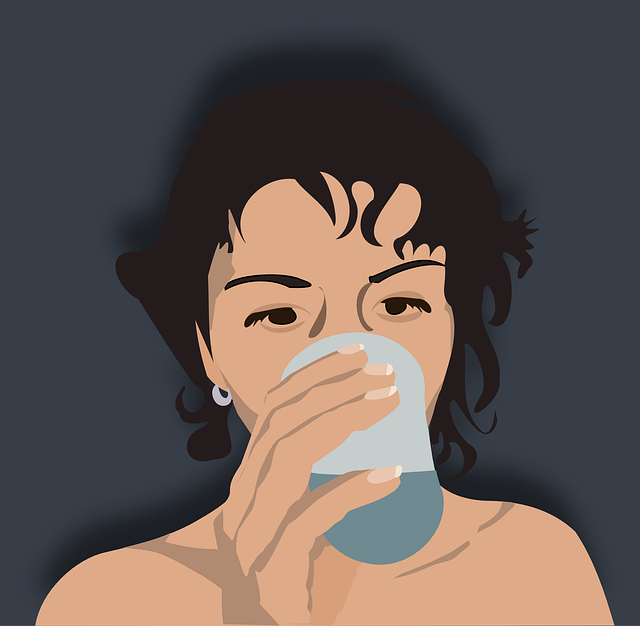
Maintaining overall health and well-being heavily relies on hydration. It plays a vital role in providing cells with nutrients, lubricating joints, ensuring proper body functioning, and regulating body temperature. Unfortunately, dehydration can lead to various health problems, such as fatigue, dizziness, and impaired cognitive function.
Electrolytes like sodium and potassium are key in maintaining fluid balance and guaranteeing proper cell function in the body. In fact, dehydration occurs when an individual loses more fluids and electrolytes than they can replace. Hence, maintaining proper hydration and a balanced electrolyte level throughout the day is paramount.
The Role of Electrolytes in Hydration
Preserving fluid balance and guaranteeing correct cell performance in the body, especially during fluid loss, depends on electrolytes like:
Sodium: helps manage water levels within and outside cells, contributing to proper hydration levels and enabling quick hydration when necessary.
Magnesium: plays a role in maintaining electrolyte balance and supporting muscle and nerve function.
Chloride: helps maintain fluid balance and is essential for proper digestion and the production of stomach acid.
These electrolytes are crucial for maintaining overall health and ensuring proper hydration.
Those living or visiting high-altitude places are encouraged to drink more water due to the increased rate of body fluid depletion caused by sun and wind exposure in comparison to lower altitudes. Electrolytes play an integral role in cell function and regulation by:
Balancing water levels
Regulating pH
Conducting nerve impulses
Contracting muscles
Regulating chemical reactions
Maintaining fluid balance
Stabilizing enzyme structures
Regulating the electric charge and flow of water molecules.
Dehydration Consequences
Signs of dehydration may include dry mouth, dark yellow urine, fatigue, and headaches. More serious signs may include extreme thirst, dark urine, dizziness, confusion, or a rapid heartbeat. Age and occupation are two factors that can greatly increase the chances of dehydration. Awareness of the potential risk of dehydration and taking precautions to ensure adequate hydration is a responsibility for everyone.
Dehydration can potentially result in fatigue, dizziness, and a decline in cognitive performance. Oral rehydration solutions (ORS) are the most efficient way to hydrate fast, as they contain water, glucose, sodium, and potassium, making them highly effective for rapid hydration.
Fast Hydration Methods and Their Effectiveness
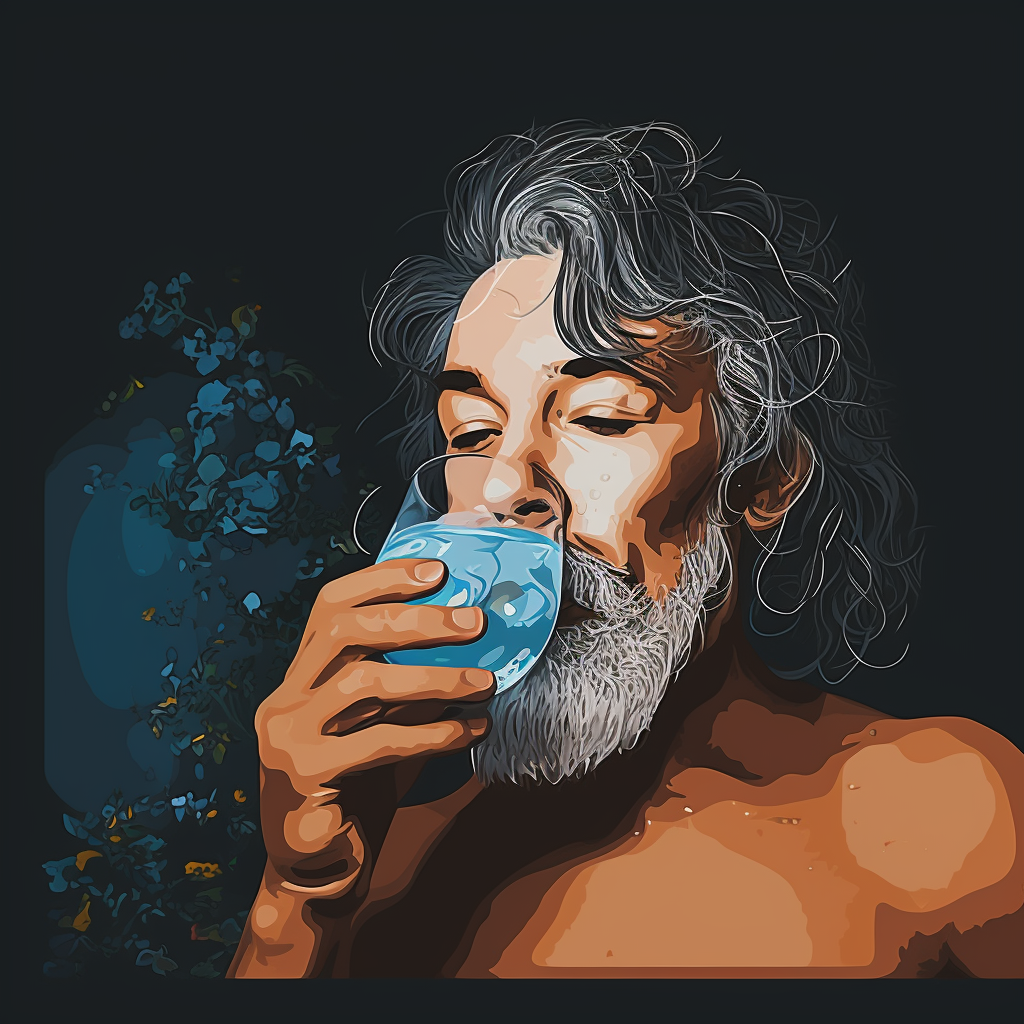
A variety of methods are available to quickly hydrate the body, each with different effectiveness levels. Some options include:
Consumption of water: This is the most effective way to remain hydrated and rehydrate.
Electrolyte-rich drinks: These can help replenish electrolytes lost through sweating.
Oral rehydration solutions (ORS): These are specifically designed to replace fluids and electrolytes lost during dehydration.
It typically takes only a few hours for an average adult body to become hydrated through drinking water. However, in cases of extreme dehydration or when electrolytes are necessary, drinking water may not be sufficient, and other methods, such as ORS, should be considered.
Drinking Water
As the most basic form of hydration, drinking water is fundamental for maintaining the body’s fluid balance. However, consuming only water can lead to the loss of electrolytes and fiber from the body, potentially resulting in a serious condition known as hyponatremia.
Utilizing an oral rehydration solution (ORS) is an effective way to hydrate quickly at home. ORS provide a balanced combination of electrolytes and fluids, ensuring rapid rehydration and preventing complications associated with dehydration.
Oral Rehydration Solutions (ORS)
Providing a rapid rehydration solution, oral rehydration solutions (ORS) offer a balanced mix of electrolytes and fluids. They were initially developed in the 1960s to treat cholera patients and have since evolved into a versatile treatment for various diseases and medical conditions that involve fluid loss.
Cure’s electrolyte powder, for example, can be conveniently added to water, making it ideal for use on the go. This powder is composed of naturally occurring glucose and potassium derived from organic coconut water, as well as sodium sourced from premium pink Himalayan salt, ensuring a balanced and effective rehydration solution.
Intravenous (IV) Therapy
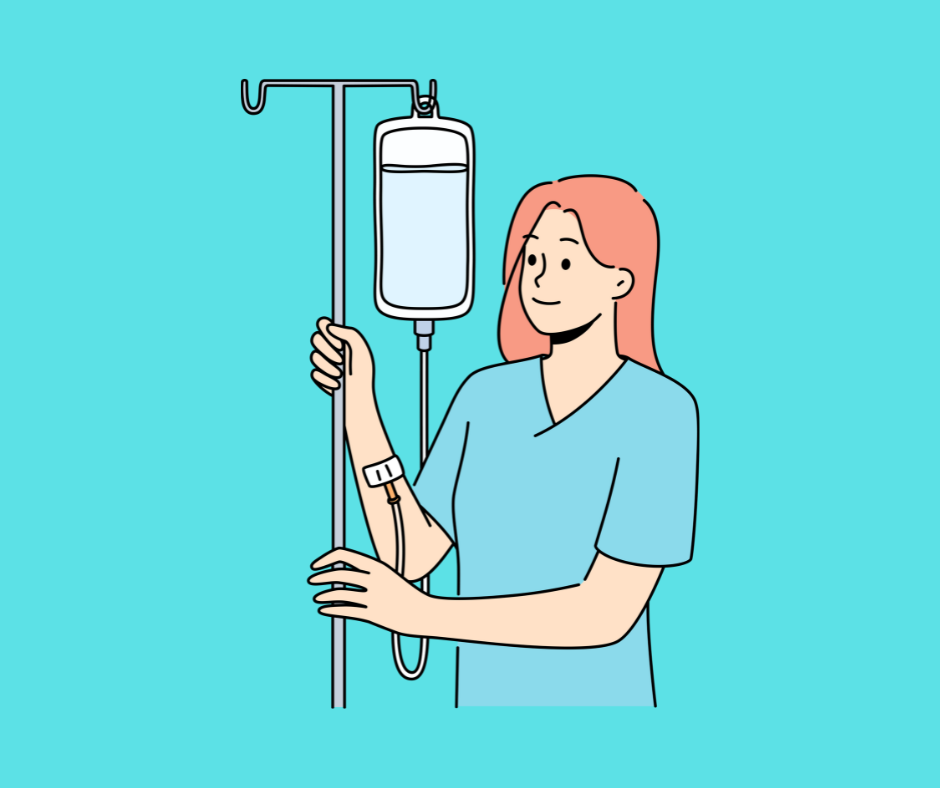
Intravenous (IV) therapy, a medical technique, involves directly introducing fluids, medications, nutrients, or blood into the bloodstream via a vein. It is utilized to provide hydration, deliver medications, and supply essential nutrients to the body, thereby proving beneficial in various medical treatments and conditions.
IV therapy is generally utilized for hydration in cases of severe dehydration or when immediate fluid replenishment is required. However, it should only be administered by medical professionals due to potential risks and side effects, such as bruising, bleeding, swelling at the insertion site, electrolyte level disturbances, and infection.
Optimal Hydration Strategies for Specific Situations
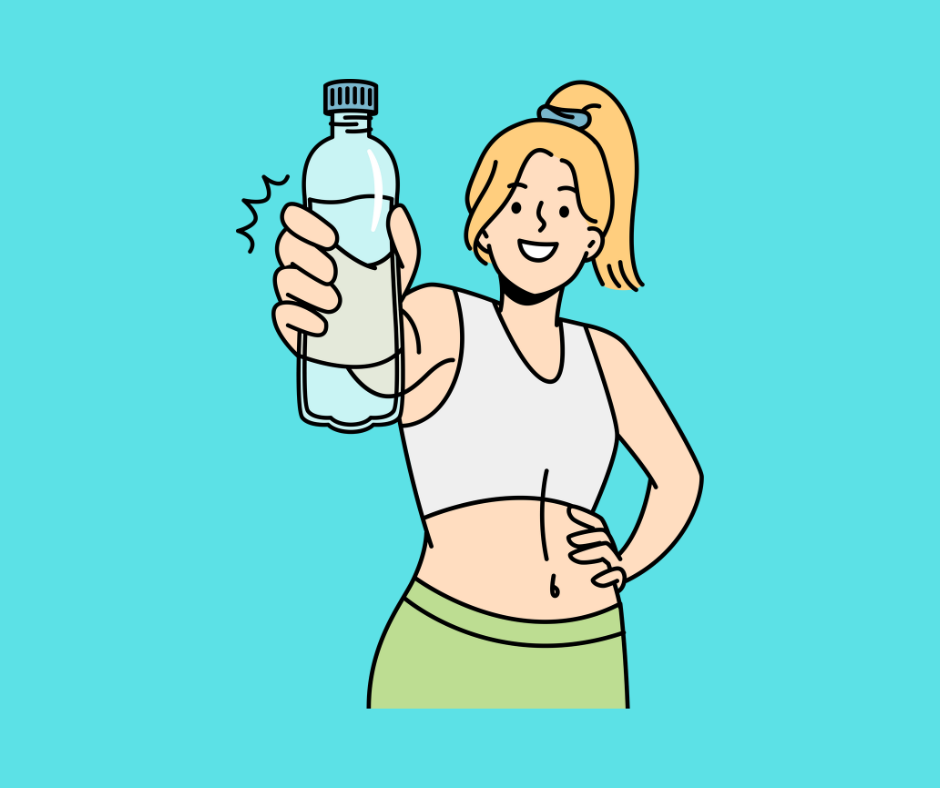
Optimal fluid balance may require specific hydration strategies in different situations. For instance, intense exercise, illness and recovery, and extreme weather conditions all necessitate tailored approaches to maintain proper hydration levels and prevent dehydration.
Mild dehydration is often not that serious and can be treated easily. Drinking water, eating nutrient-rich foods and getting plenty of rest will help you recover. However, there are certain situations when it is essential to increase hydration levels, such as during intense exercise, illness and recovery, or extreme weather conditions.
Intense Exercise
To prevent dehydration, intense exercise necessitates increased fluid intake before, during, and after the activity. It is recommended to consume:
2 to 3 cups of fluid, including water and electrolytes, two hours prior to the workout
Water, fruit juices, smoothies, seltzer waters, lemonade, soft drinks, milk, and herbal teas can be consumed during exercise, with 7 to 10 ounces of water every 10 to 20 minutes
Rehydrate with 8 ounces of water no more than 30 minutes after exercise
To further enhance hydration during intense exercise, the American Council on Exercise suggests drinking 16 to 24 ounces of fluid for every pound of body weight lost post-exercise. This will help maintain proper hydration levels and support recovery after an intense workout.
Illness and Recovery
As advised by a healthcare professional, illness and recovery may necessitate additional hydration through electrolyte-rich drinks or oral rehydration solutions (ORS). Adequate hydration is critical for recovery from an illness, as it assists the body in performing its vital functions, supplies essential electrolytes and minerals, and bolsters the immune system.
Urinary tract infections, hypertension, coronary heart disease, renal disease, and viral infections may necessitate additional hydration for recuperation. During illness and recovery, it is recommended to manage hydration by:
Drinking plenty of water
Consuming electrolytes
Limiting caffeinated beverages
Avoiding sports drinks
Monitoring thirst.
Extreme Weather Conditions
Compensating for excessive sweating and fluid loss during extreme weather conditions like heat and humidity calls for increased fluid intake. In these situations, it is essential to stay hydrated by considering the following:
Ensure adequate fluid intake to prevent heat illness and dehydration.
Water should be the primary source of hydration.
Caffeine and alcohol should be consumed in moderation.
Consume hydrating foods.
Avoid foods that are difficult to digest.
For sports or outdoor activities in hot weather, aim for a minimum of 1 ounce of fluid per pound of body weight.
Extreme cold temperatures can also cause the body to work harder to maintain its core temperature, leading to additional fluid loss. Respiratory water loss is increased in dry and windy conditions, and water availability can be disrupted in cases of heavy rainfall or drought, further exacerbating fluid loss. In extreme weather conditions, it is recommended to consume a minimum of 12 cups (or approximately 96 ounces) of fluid daily, including water and fluids obtained from food sources.
Water Ionizers: An Innovative Approach to Hydration
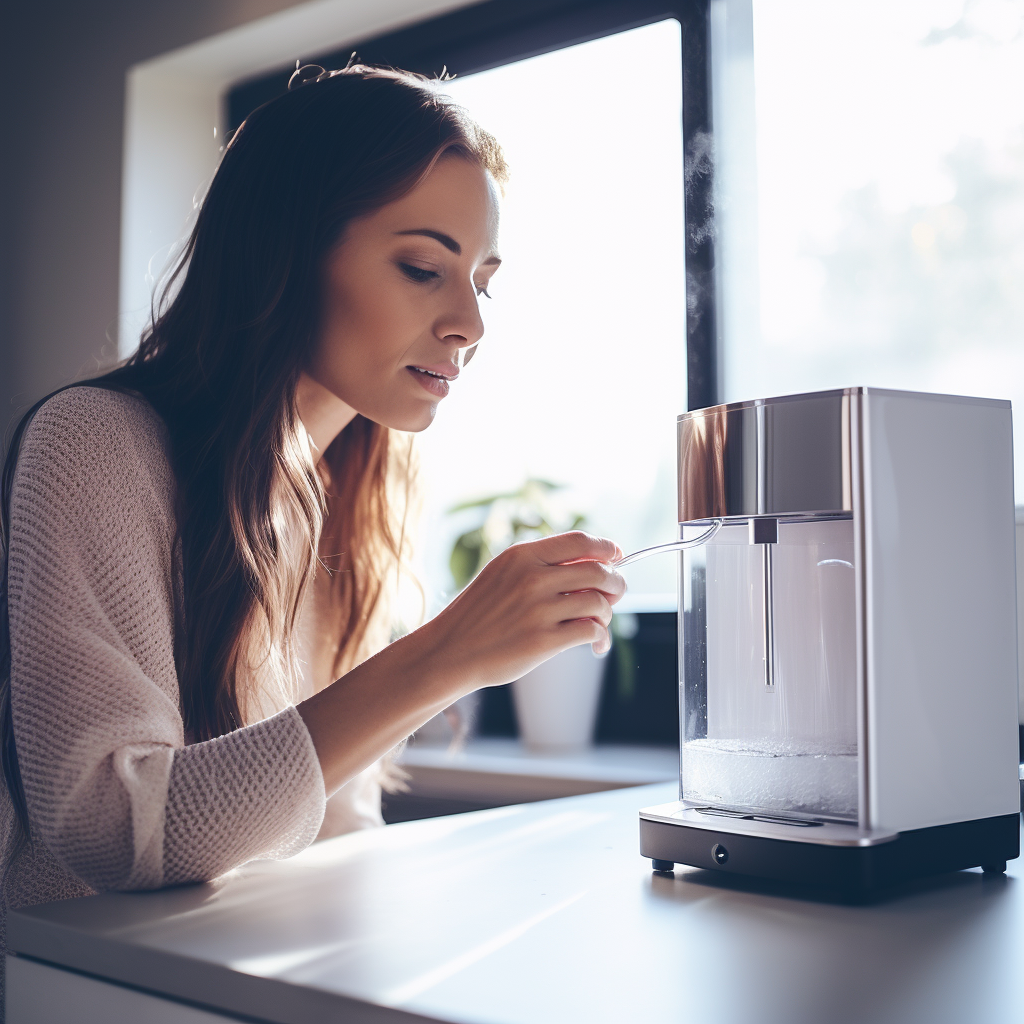
Producing ionized water with potential health benefits, water ionizers offer a new approach to hydration. These devices utilize electrolysis to transform tap water into alkaline water, which is believed to offer benefits such as improved hydration, better nutrient absorption, and enhanced detoxification.
Although there are several studies that suggest the benefits of ionized water, further research is necessary to fully understand its potential benefits for hydration. Nonetheless, water ionizers provide an innovative approach to hydration that may be worth exploring for those seeking to optimize their fluid intake and overall health.
How Water Ionizers Work
Using electrolysis to separate water into alkaline and acidic components, water ionizers work to produce ionized water with a higher pH level. The process involves filtering out any potentially harmful components, such as chlorine and sediment, followed by the ionizer electrically dividing the filtered water into alkaline and acid water.
The alkaline water is typically used for drinking and cooking, while the acidic water is used
Benefits of Ionized Water
It’s believed that ionized water offers benefits such as enhanced hydration, superior nutrient absorption, and improved detoxification. Some studies have suggested that ionized water can increase the rate of lactate utilization following anaerobic exercise and help maintain a balanced acid-base level in the body. It is also thought to contain antioxidants that can extensively hydrate the body and reduce signs of aging.
While there are several studies that back up these assertions, further research is needed to gain a more comprehensive understanding of the effects of ionized water on hydration. Regardless, incorporating ionized water into your hydration routine may provide additional benefits and contribute to overall well-being.
Staying Hydrated with a Balanced Diet
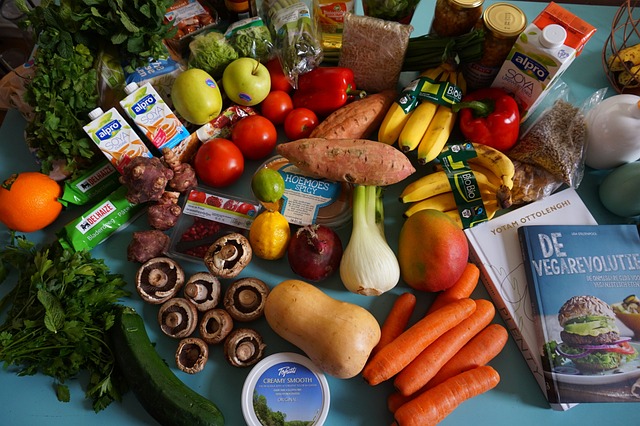
Maintaining proper hydration levels can be achieved by a balanced diet that includes hydrating foods and avoids dehydrating beverages. Water-rich foods, like fruits and vegetables, when consumed, can contribute to overall hydration and foster a healthy fluid balance.
Limiting the intake of dehydrating beverages, such as alcohol and caffeine, can help prevent fluid loss and promote better hydration. As diuretics, both alcoholic beverages and caffeine increase urine production, leading to a loss of fluids from the body and subsequent dehydration. To sustain hydration levels when consuming alcohol or caffeine, it is essential to drink water and replenish electrolytes.
Hydrating Foods
Foods rich in water, such as fruits and vegetables, when consumed, can enhance overall hydration. Examples of hydrating foods include:
Strawberries
Watermelon
Melons
Cucumber
Tomatoes
These foods all boast a high water content, making them a great alternative to plain water.
Cucumbers, for instance, are composed of approximately 96% water. Including these hydrating foods in your balanced diet can help maintain proper hydration levels and contribute to overall health.
Beverages to Avoid
It is generally safe for most healthy adults to consume up to 400 milligrams (mg) of caffeine per day, which is roughly the amount in four cups of brewed coffee. While caffeinated drinks typically do not cause dehydration, water remains the optimal choice for hydration.
Moreover, alcohol is a diuretic and can cause you to lose fluids, disrupting hydration levels. Therefore, it is recommended to limit alcohol consumption and not consider it as contributing to fluid intake.
Summary
In conclusion, maintaining proper hydration is essential for overall health and well-being. Different methods and strategies can be employed to achieve optimal hydration, such as drinking water, consuming electrolyte-rich drinks, and incorporating a balanced diet with hydrating foods. By understanding the importance of hydration, the role of electrolytes, and the various methods for hydrating quickly, you can make informed decisions about your fluid intake and support your body’s overall health and functionality.
Frequently Asked Questions
What is the quickest way to rehydrate your body?
The quickest way to rehydrate your body is to drink water and focus on fluid replacement. Additionally, electrolyte-rich oral rehydration solutions can help restore essential minerals, making them useful for those with high intensity exercise or who have suffered from vomiting and/or diarrhea.
How long does it take to rehydrate your body?
It typically takes around two hours to fully rehydrate your body after drinking a sufficient amount of water. To rehydrate efficiently, make sure to stick with plain water as your beverage of choice.
What liquid hydrates you the fastest?
Water is the best beverage for quickly hydrating your body, and drinks with a bit of sugar, fat, or protein can help to keep you hydrated for longer.
What are 3 warning signs of dehydration?
Dehydration can be signalled by feeling thirsty and lightheaded, having a dry mouth, feeling tired, producing dark, strong-smelling urine, and passing urine less often than usual.
What is the importance of hydration for overall health?
Proper hydration is essential for optimal health, as it aids in maintaining body temperature, providing cells with nutrients, lubricating joints, and promoting overall bodily functions.





